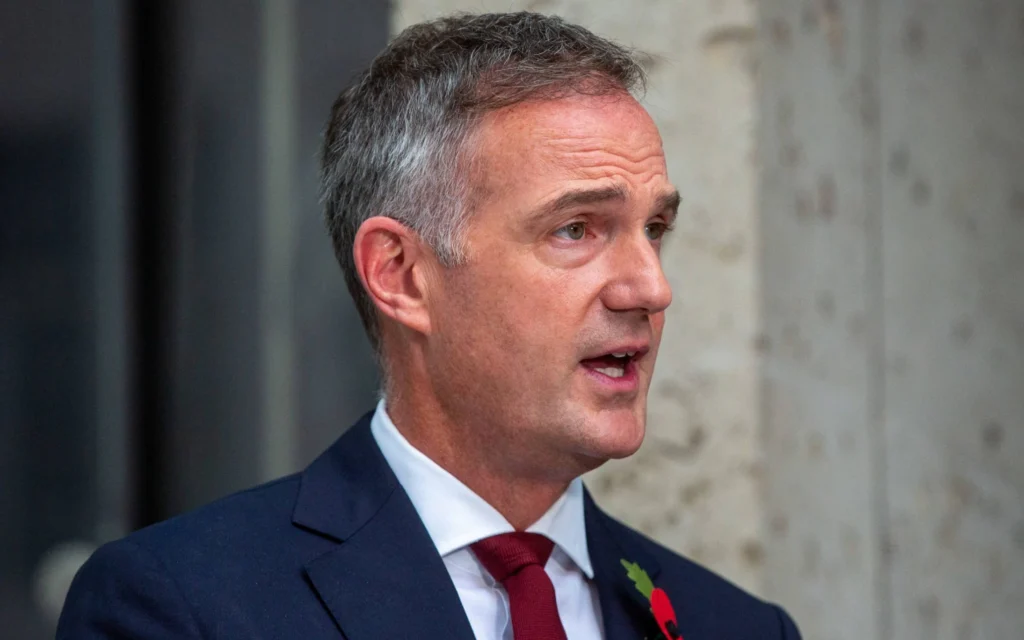Jeremy Corbyn appears to have reignited strong support among younger voters, outperforming Prime Minister Keir Starmer by a wide margin within the 18–24 age group, according to fresh polling by YouGov. The findings raise questions about Labour’s recent decision to grant voting rights to 16 and 17-year-olds, a move critics argue may not deliver the political advantage the party intended.
Despite both leaders facing poor approval ratings from the general electorate, the former Labour leader enjoys a striking popularity lead among younger voters. The YouGov survey, carried out shortly after Corbyn launched a new political party alongside fellow left-winger Zarah Sultana, found the Islington North MP scoring a +18 approval rating among 18–24-year-olds. In contrast, Starmer’s rating within that same group plunged to –30. The YouGov survey polled 2,013 UK adults on July 24 and 25.
The release of the data coincided with Starmer’s government’s decision to lower the voting age, a policy expected to introduce 1.6 million new voters into the electorate ahead of the next general election. While some on the right have accused Labour of trying to tilt the demographic in its favour, the poll suggests the change could fracture the youth vote instead, especially if the enthusiasm seen for Corbyn among 18–24-year-olds extends to 16 and 17-year-olds.
Among all voters, however, the distinction is less pronounced. Corbyn holds a net rating of –39, just one point above Starmer, who sits at –40. These figures illustrate the broader public disillusionment with both political figures, but it is the prime minister who faces the sharpest fall in public confidence.
Starmer’s Approval Rating Drops
According to the same polling, Starmer’s overall approval rating has hit a historic low, sinking to –43 following his £5 billion welfare U-turn. The backlash appears to be felt across the political spectrum, with dissatisfaction mounting not only from the left, but increasingly from centre and right-leaning voters as well.
The poll revealed a striking statistic: just one year into his term, 70% of voters believe Starmer’s administration is at least as chaotic as the Conservative government it replaced. One in three respondents went further, saying Labour has made things worse.
In this political environment, Corbyn’s announcement of a “new kind of political party” has captured national attention. Although yet to be named, the initiative, launched jointly with Zarah Sultana, claims over 200,000 supporters have already signed up.
Tech Secretary Peter Kyle said Corbyn “doesn’t think about governing, he thinks about posturing.”
“He’s not a serious politician… And we see that writ large at the moment, because all the posturing, of course, just puts him at odds with his own supporters, which is why you’ve got George Galloway saying he won’t join it.”
Tech Secretary Peter Kyle

Labour insiders also downplayed the threat of Corbyn’s new venture. Responding to the announcement, a party source remarked: “The electorate has twice given its verdict on a Jeremy Corbyn-led party.”
However, the numbers from the YouGov poll suggest that discontent with Starmer’s leadership is not confined to fringe voices. The generational divide within Labour’s traditional base is widening, and as new voters prepare to cast their ballots for the first time, Corbyn’s continued relevance among the youth could reshape political calculations.
As such, the sharp generational divide in political support underscores a brewing challenge for Labour, as rising youth backing for Corbyn could fracture the party’s base and reshape upcoming elections.
READ ALSO: US, EU Avert Trade War























